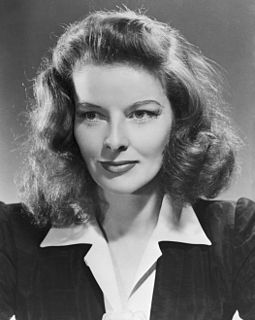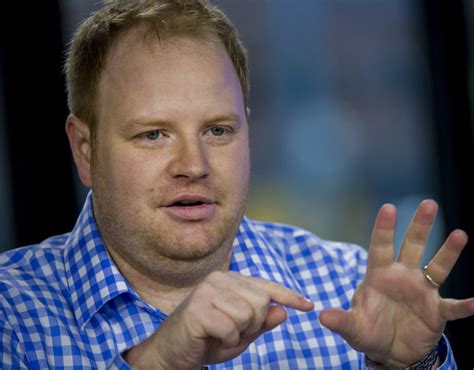A Quote by Maria Semple
My first novel didn't sell well. It was really painful and humiliating and shocking to me.
Related Quotes
I finished my first novel - it was around 300 pages long - when I was 16. Wrote one more before I got out of high school, then wrote the first Lincoln Perry novel when I was 19. It didn't sell, but I liked the character and I knew the world so I tried what was, in my mind, a sequel. Wrote that when I was 20, and that one made it.
Many writers will get a contract by selling chapters and outlines or something like that. I wrote the entire novel, and when it was all finished, I would give it to my agent and say, 'Well, here's a novel; sell it if you can.' And they would do that, and it was good because I never had anyone looking over my shoulder.






































